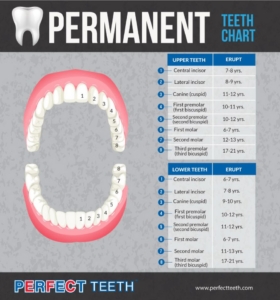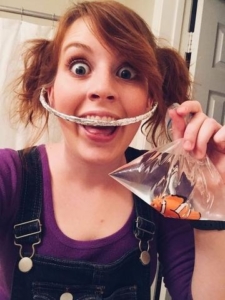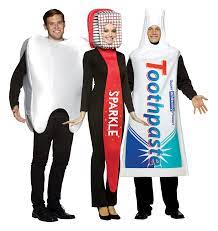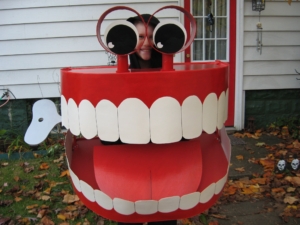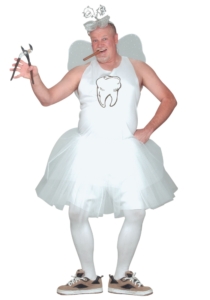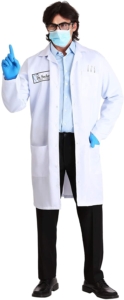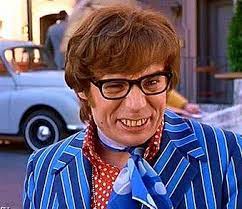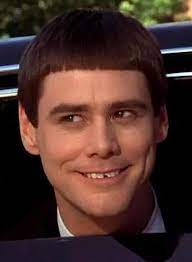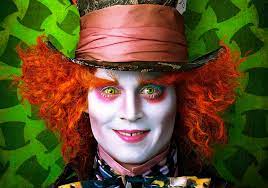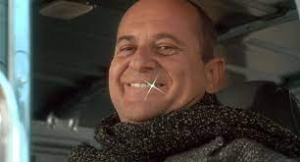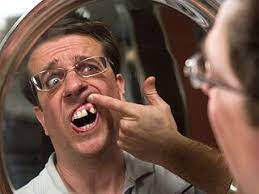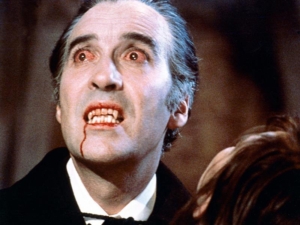Insurance Coverage – What you need to know.
Dental insurance can be extremely confusing, after all, our front desk staff had to complete a certification program to be able to deal with it! But here is some useful information about how plans work and the terms they use to help you navigate the world of dental coverage. Please remember to always read your benefits booklet at the start of a new plan to familiarize yourself with it’s limitations.
Benefit Year: Your plan benefits are payable each benefit year. Often this aligns with the calendar year (January 1 – December 31) but sometimes a benefit year can start at a different point in the year and run for 12 months. IE: July 1 – June 30. Your maximums will reset at the start of each benefit year.
Deductible: A deductible is a set amount of money you must pay upfront at the beginning of your benefit year. Your plan may have an individual deductible and a family deductible. For example, the individual deductible is $25 and the family deductible is $50. This means that the first 2 visits to the clinic by any family members will have $25 charged to them. Now the $50 family deductible has been paid and no other family members will have to pay $25 for this benefit year.
Dependant: Someone who has coverage under your plan, for example a spouse or child.
Basic Services: Basic services are procedures done in office like cleanings, exams, fillings, x-rays, and even root canals*
*some insurance companies will consider root canals, extractions, and other procedures as major services. But the listed procedures are most commonly considered basic services.
Major Services: Major services are more involved procedures such as crowns, bridgework, dentures, and gum surgery. These are often covered at a lower percentage than basic services.
Maximum: The maximum on your plan is the dollar amount your insurance will pay towards your dental work each benefit year. You may have a separate maximum for basic and major procedures. IE: Basic max: $1,000 per benefit year, Major max: $1,500 per benefit year. OR you might have a combined maximum meaning all procedures, whether basic or major are limited to the dollar amount detailed under your plan.
Units of time: Time units are often used when describing limitations on cleanings. 1 unit = 15 minutes of time. So your insurance company may limit you to 13 units of scaling and root planing (two types of cleaning your hygienist performs) per benefit year. This means your insurance will pay for 195 minutes of cleaning every benefit year. For people with mild-moderate tartar build up this equates to 4 cleanings. Included in the scaling and root planing time is oral hygiene instruction. If your hygienist spends 5 minutes “scraping” your teeth and 10 minutes explaining how to better brush or care for your mouth, this is considered a chargeable 1 unit (15 minutes) of time.
Predetermination: A predetermination is a request to do a procedure that will cost over $500. For example, we send a predetermination to your insurance company when we would like to place a crown in your mouth. We tell them how much our work costs and how much we think the lab work will cost. We attach x-rays and any information proving that the procedure is necessary. From there the company will decide if they will approve the work for payment. Due to privacy reasons, many insurance companies will provide their predetermination statement (with explanation of allowable payment) directly to the patient, and not to our office.
Cost differences: Occasionally your plan will pay alternate or less expensive procedures in place of the work we actually did. The most common example of this is when we do a white filling and your plan only covers amalgam (silver) fillings. Lets say the cost of a white filling is $200 and the cost of a silver filling is $180; there is a $20 cost difference. Even if you plan covers 100% of basic services there will be a $20 portion owing as they only covered 100% of the cost of a silver filling.
Fee guide: Each year in February the BC Dental Association issues a fee guide outlining the cost of each procedure. Most procedures increase in cost incrementally each year to keep up with the cost of supplies and overhead for the office. Some plans pay the previous year’s fee guide meaning there will always be a cost difference to you. Ministry plans follow a different fee guide, if you have a ministry plan, please contact our office to discuss your coverage.
Limits: Some procedures have limitations for how often they can be done. An example of this is your “recall” exam which accompanies a cleaning. Sometimes you are limited to 1 paid recall exam every 6 months, or it could even be once every 9 months or year.
Assignment of Benefits: This is one of the most confusing aspects of an insurance plan. While our office is happy to accept payment for your work on your behalf from the insurance company, not every plan allows this. This is called assignment of benefits. Some plans do not allow assignment of benefits and instead require the patient to pay for their work upfront to the dental office then submit claims and receipts. The company then reimburses you directly.
Regardless of your insurance plan, it is important to remember that as your health care provider we are here to serve what is best for your oral health, and not just what is “allowed” by your plan. We always try our best to work within your plan’s limitations but some of the work we recommend may not be covered by your insurance. We will provide an estimate to you and explain thoroughly why we feel the work is needed.
As always, we strive to provide caring and conscientious dental care.

